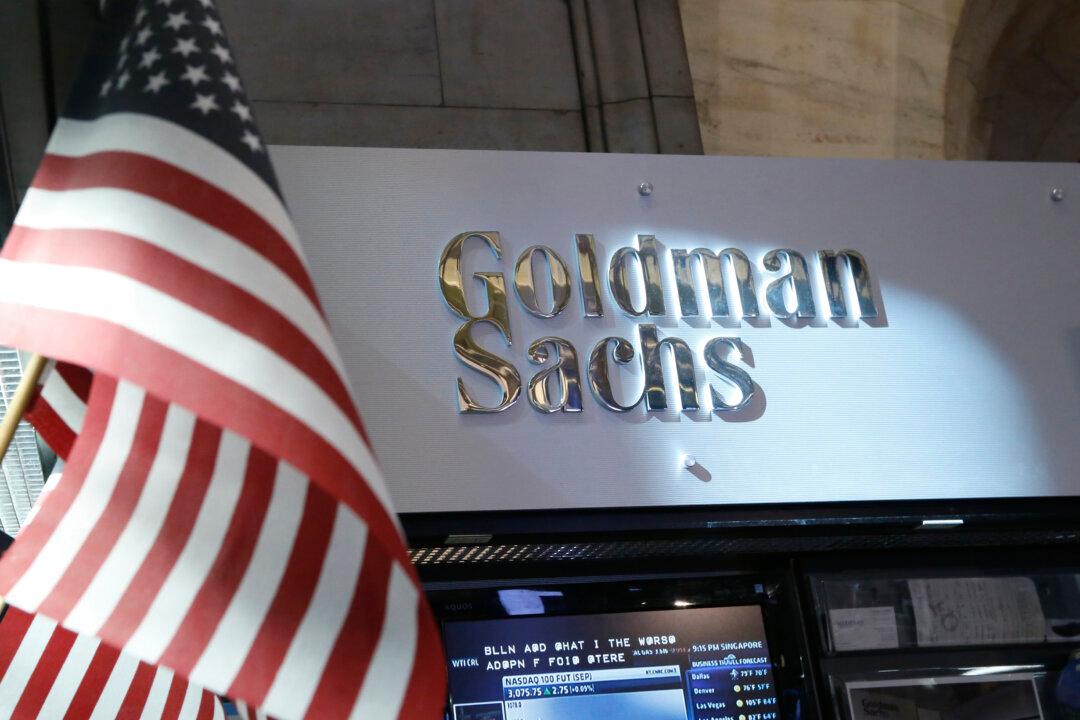Goldman Sachs economists believe the U.S. economy is still on track to avoid a recession, albeit via a narrow path, citing improved inflation levels and supply chain pressures.
Economists led by Jan Hatzius wrote Sunday that better inflation figures along with adjustments to the jobs market have reduced the risk that the Federal Reserve will have to aggressively raise interest rates to the point that it could force the country into a recession, Bloomberg reports.




